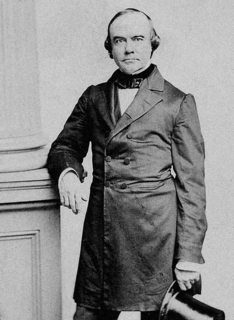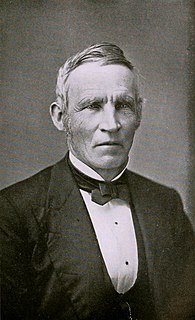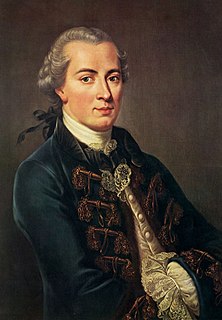A Quote by Julian Baggini
Whatever the truth is about the extent to which truth is respected in the future, it is going to depend partly on what we do. More important than making predictions is doing things which help bring about this respect.
Related Quotes
The Bible is a wonderful book. It is the truth about the Truth. It is not the Truth. A sermon taken from the Bible can be a wonderful thing to hear. It is the truth about the truth about the truth. But it is not the truth. There have been many books written about the things contained in the Bible. I have written some myself. They can be quite wonderful to read. They are the truth about the truth about truth about the Truth. But they are NOT the Truth. Only Jesus Christ is the Truth. Sometimes the Truth can be drowned in a multitude of words.
Sometimes I don't tell the truth, which is telling the truth about not telling the truth. I think people don't tell the truth when they're afraid that something bad's going to happen if they tell the truth. I say things all the time that I could really get into trouble for, but they kind of blow over.
Truth should be the first lesson of the child and the last aspiration of manhood; for it has been well said that the inquiry of truth, which is the love-making of it, the knowledge of truth, which is the presence of it, and the belief of truth, which is the enjoying of it, is the sovereign good of human nature.
The need for truth is not constant; no more than is the need for repose. An idea which is a distortion may have a greater intellectual thrust than the truth; it may better serve the needs of the spirit, which vary. The truth is balance, but the opposite of truth, which is unbalance, may not be a lie.
Things that are good are good, and if one is responding to that goodness one is in contact with a truth from which one is getting something. The truth is doing us good. The truth of the sunshine, the truth of the rain, the truth of the fresh air, the truth of the wind in the trees, these are truths. And they are always accessible!
As I understand it, Kantian constructivism is partly a position in normative ethics and partly a position in metaethics. In metaethics, it is the position that ethical claims have truth values, but their truth conditions consist not in a set of objective facts to which they correspond, but instead in the outcome of some procedure of deliberation resulting in decisions about what to do.
Our decisions need not be seen as resting on procedures that are merely instrumental in making judgments that are reliably truth-tracking. The procedures might be more directly related than that to truths about what is right or good, or about what we ought to do, or to principles that tell us what is true about these matters. And I have no metaphysical theory about the truth-conditions of such truths, except to say that as objective truths, they must be independent of the attitudes, decisions or actions that they are supposed to justify or for which they are to offer reasons.
Mathematics is a form of poetry which transcends poetry in that it proclaims a truth; a form of reasoning which transcends reasoning in that it wants to bring about the truth it proclaims; a form of action, of ritual behavior, which does not find fulfilment in the act but must proclaim and elaborate a poetic form of truth.
There are two threats to reason, the opinion that one knows the truth about the most important things and the opinion that there is no truth about them. Both of these opinions are fatal to philosophy; the first asserts that the quest for truth is unnecessary, while the second asserts that it is impossible. The Socratic knowledge of ignorance, which I take to be the beginning point of all philosophy, defines the sensible middle ground between two extremes.
It is more important that you should know about the reverses than about the successes of the war. We shall have all eternity to celebrate the victories, but we have only the few hours before sunset in which to win them. We are not winning them as we should, because the fact of the reverses is so little realized, and the needed reinforcements are not forthcoming, as they would be in the position were thoroughly understood...So we have tried to tell you the truth the uninteresting, unromantic truth.


































